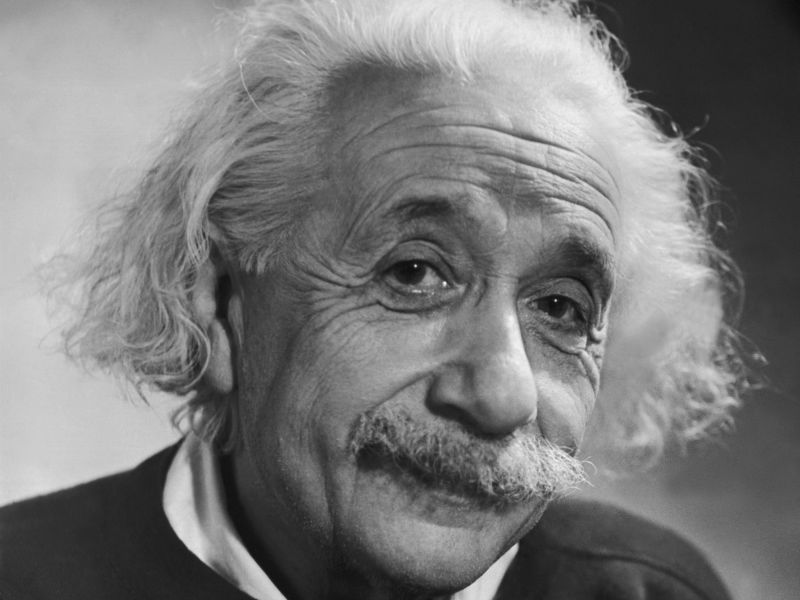Soon, the long-established mystery behind famous scientist Albert Einstein’s Theory of Cosmological Constant will be over, as a new research have come up with a paper that can explain whether “Dark Matter” exists or not. Since long, astronomers are experimenting with the revolutionary idea developed by Albert Einstein, suggesting Dark Matter to accelerating the expansion of the universe. However, up to now, no research or experiment could be able to deliver a stable aftermath, which can sort out the long-lasting puzzle regarding the existence of Dark Matter.
But it seems, soon the scenario is going to change, as a team of scientists at the University of Edinburgh in the UK has come up with a calculative study which can explain the theory of Dark Matter, a supportive research paper to Albert Einstein’s famous and bamboozling Cosmological Constant Theory. Calculations made by the UK-based researchers in their new study are expected to pave new paths for the complete explanations over the concern – if ‘dark energy’ – as highlighted by Einstein’s theory is responsible for the acceleration of Universe’s growth or not.
Einstein’s Cosmological Constant of Dark Energy was first introduced in 1917. It is the rate of the energy density of the emptiness of space and Einstein proposed the theory as an addition to his Theory of General Relativity to suppress gravity and pull off a motionless universe. Though it was first introduced to explain the static universe, in the later stage, Einstein left it as a mathematical mess, and thus far, the theory of dark matter is poorly understood at the fundamental level.
However, now, the UK-based scientists have found out that this time-honored puzzle can be deciphered by explaining the pace of gravity in the universe by studying how the gravitational waves – space-time wrinkles promulgating through the cosmos. As shown in the new study, if gravitational waves are moving at a pace equal to those of light, then this can rule out alternative theories for explaining gravity, with the lack of dark energy, favoring Einstein’s Cosmological Constant Theory. But if it differs from the speed of light, then Einstein’s theory will be subjective to revise.
